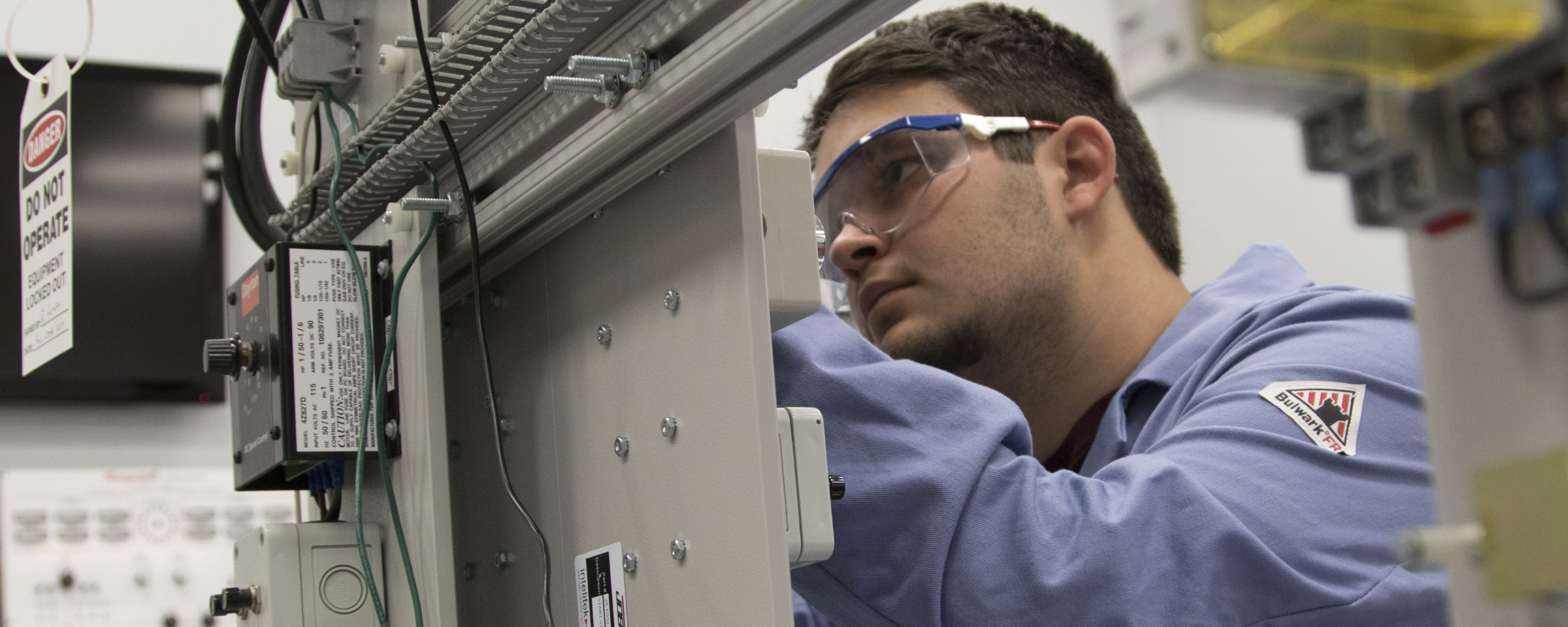
WCJC JOINS COLLEGE PARTNERS AT 2025 STATE OF HIGHER EDUCATION

Wharton County Junior College was well-represented at the 2025 State of Higher Education event, held earlier this summer in Sugar Land. Pictured, left to right, are Qiara Suggs, Fort Bend Chamber Immediate Past-Chair and representative of Texas Dow Employees Credit Union (TDECU); Jennifer Henrikson, Fort Bend Chamber Education Division Chair and representative of Stantec; Dr. Michael Webster, Houston Community College Southwest; John Kennedy, Texas State Technical College; Dr. Jay Neal, University of Houston at Sugar Land and Katy; Dr. Amanda Allen, Executive Vice President of Wharton County Junior College; and Steve Parker of Stantec.
SUGAR LAND, TEXAS – Wharton County Junior College was well-represented at the 2025 State of Higher Education event, held earlier this month at Safari Texas Ranch. Dr. Amanda Allen, WCJC’s Executive Vice-President, joined colleagues from the University of Houston, Texas State Technical College and Houston Community College in addressing questions related to higher education in the near future.
Panelists were asked a series of questions, including: (1) highlighting their college’s technological advancements; (2) concerns about Artificial Intelligence; (3) what counseling services their institution offers; (4) observations regarding recent laws; and (5) a general message about their educational outlook.
In regards to WCJC’s technological advancements, Allen singled out the Emergency Medical Services program’s immersive simulation room, a 360-degree training space that uses sights, sounds, and smells for training.
“Having that kind of technology in the classroom (is crucial for) these students, (ensuring that) when they get on site, they will still be able to keep calm and work on that patient,” Allen said. “We want to continue keeping ahead and making sure that we are providing our students with the skills they need to continue to learn and grow.”
Concerning Artificial Intelligence (AI), Allen said it’s a growing technology that should be embraced — albeit cautiously — for the benefit of the college and its students. A recent grant has already enabled WCJC to purchase software aimed at utilizing AI to help students with basic question about the college and its four campuses.
“The great thing about this is it allows our staff to kind of free up some of their time. They’re not answering questions about where the learning center is,” Allen said. “That is something that our AI system can do for them. But, the system is also smart enough to know when a student is really struggling and when a staff member does need to intervene. So while AI is kind of scary and really unknown, there is so much opportunity there for us.”
Panelists were also asked about their college’s counseling services. WCJC has a robust counseling team that provides crucial support for faculty, staff and students, Allen said.
“We are very fortunate that we have a fantastic counseling team and we do have Licensed Professional Counselors on each of our campuses,” Allen said. “All of it is really just about creating that culture where people know it is okay to maybe not feel okay, and then seek out whatever it is you need to get to a place where you can be good.”
When asked about recent regulations and laws, Allen pointed to proposed changes at the federal level regarding whether or not Pell Grants should continue to be available to part-time students. Allen believes that they should.
“For community colleges in particular, so many of our part-time students are not part-time by choice. They are part-time students because they are working full-time and taking classes when they can, or they are taking care of family. They desperately need that financial support that the Pell program provides for them to be able to get that college education.”
Lastly, the panelists were asked about the importance of the Fort Bend community to their institutions. Allen said it’s crucial for WCJC to have community support since the college is planning to expand the Richmond campus over the next five years. The expansion is critical for the ongoing development of the college’s allied health programs.
“The only way that we are going to be able to do that is through support from the community and through partnerships with industry to make sure that we can build those programs,” Allen said. “For every graduate that comes out (of our allied health programs), we have 50 openings in the healthcare field in this county alone. There is a significant demand and we want to meet that demand, but it’s going to take those community partnerships.”
###

